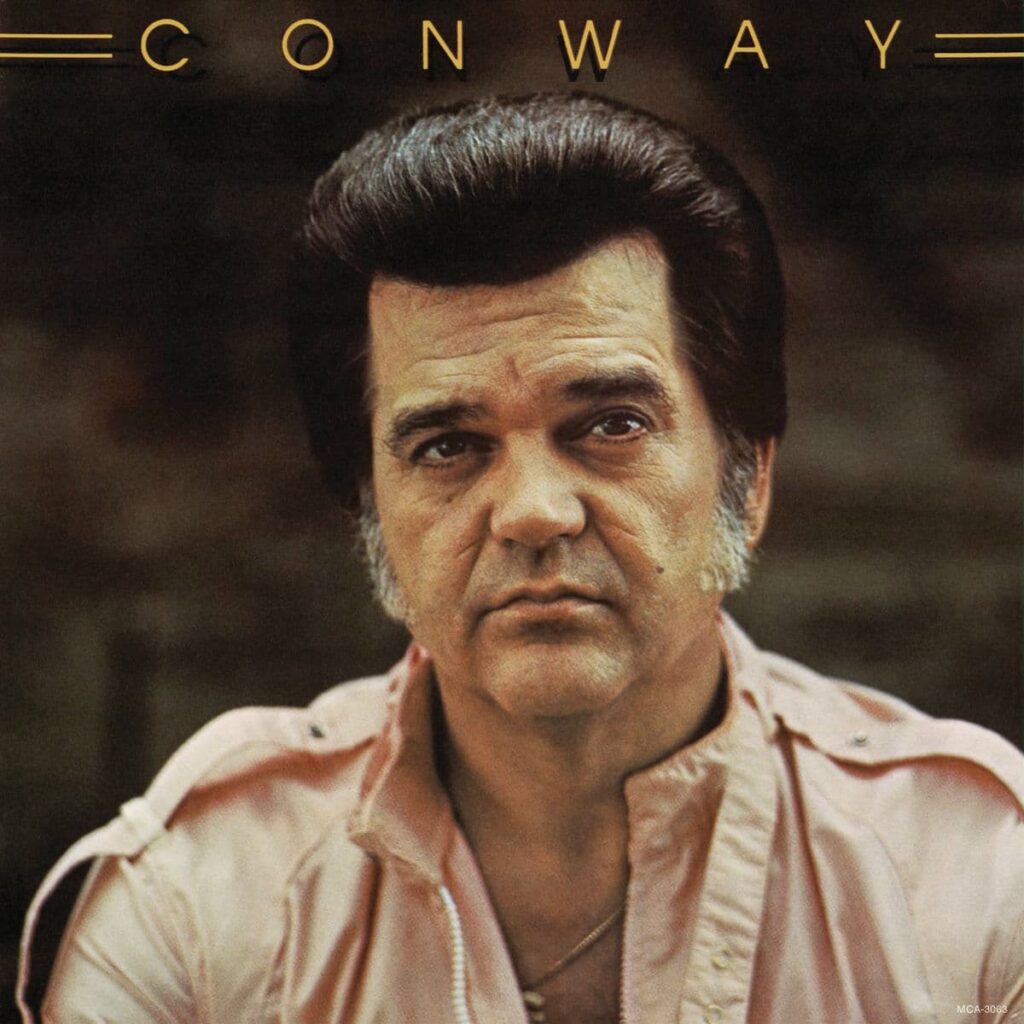
The Ache of Unspoken Longing: Conway Twitty’s “I See The Want In Your Eyes”
For those of us who came of age with the unmistakable, deep, and often heartbreaking voice of Conway Twitty, certain songs don’t just play—they resonate with the quiet dignity of a well-worn memory. They transport you back to a time when a country ballad could lay bare the most complex emotional truths with just a few choice words and a sustained, signature vocal inflection. One such indelible track is the somber, yet profoundly insightful, “I See The Want In Your Eyes”.
Released in 1974 from the album of the same name, “I See The Want In Your Eyes” quickly established its heartbreaking grip on the charts. It was a testament to Twitty’s unparalleled ability to connect with the heartache common to so many, soaring to the coveted Number 1 spot on the Billboard Hot Country Singles chart. That top position wasn’t just a number; it signified that this story—this painful, intimate moment of recognition—was playing out in living rooms and on car radios across America, finding a home in the collective consciousness of a generation.
The true genius of this song lies in the story it tells, a story of an observed infidelity that cuts far deeper than a simple betrayal. It’s not a tale of drunken revelry or an angry confrontation. Instead, the scene is set in a quiet, domestic moment—perhaps over a simple cup of coffee or while watching a show. The narrator, who is the woman’s current partner (implied to be her husband), is not told she’s unfaithful; he sees it. He observes her subtle changes, the way she moves, the distant look in her eyes, and, most crushingly, the “want” in them—a longing that is clearly not for him.
The song’s meaning is a masterclass in emotional restraint and devastating realization. It explores the agony of a love that has died, not with a bang, but with a slow, suffocating sigh. The narrator knows, with chilling certainty, that his woman is having an affair, but what makes the song so gut-wrenching is his passive resignation. He acknowledges that she still loves him “a little bit,” perhaps out of habit, comfort, or shared history, but that the true, passionate desire has been transferred to someone else. He’s not angry; he’s simply crushed. He understands the nature of her desire and, in a profound moment of self-sacrificial love, he is willing to let her go to seek the fulfillment he can no longer provide. The line, “I know you need a man to satisfy / The dream that I see in your eyes,” is one of the most poignant lines in country music history, capturing a sorrowful acceptance that speaks volumes to the maturity of the emotional landscape Twitty so deftly portrayed.
Twitty’s rendition, complete with his signature breathy growl and dramatic pauses, elevates the track from a simple country tune to a miniature tragedy. It belongs to the era where Twitty—the man who transitioned seamlessly from rock and roll to country music royalty—was delivering a string of “bedroom ballads” that explored the raw, adult realities of love, lust, and loss. This song is often grouped with other reflective, emotionally mature hits from his mid-70s repertoire. It’s a snapshot of a particular kind of quiet pain: the realization that you are no longer the one who inspires the deepest passion in the person you love, and the quiet dignity of letting go.
Listening to “I See The Want In Your Eyes” today, especially for those of us who remember its initial impact, is a deeply nostalgic experience. It’s a reminder of a time when music didn’t shy away from the hard truths of adult relationships, and when a singer like Conway Twitty could turn a simple country song into a profound meditation on the enduring ache of unspoken longing. It remains a timeless piece of country music, a true benchmark for emotionally resonant storytelling.